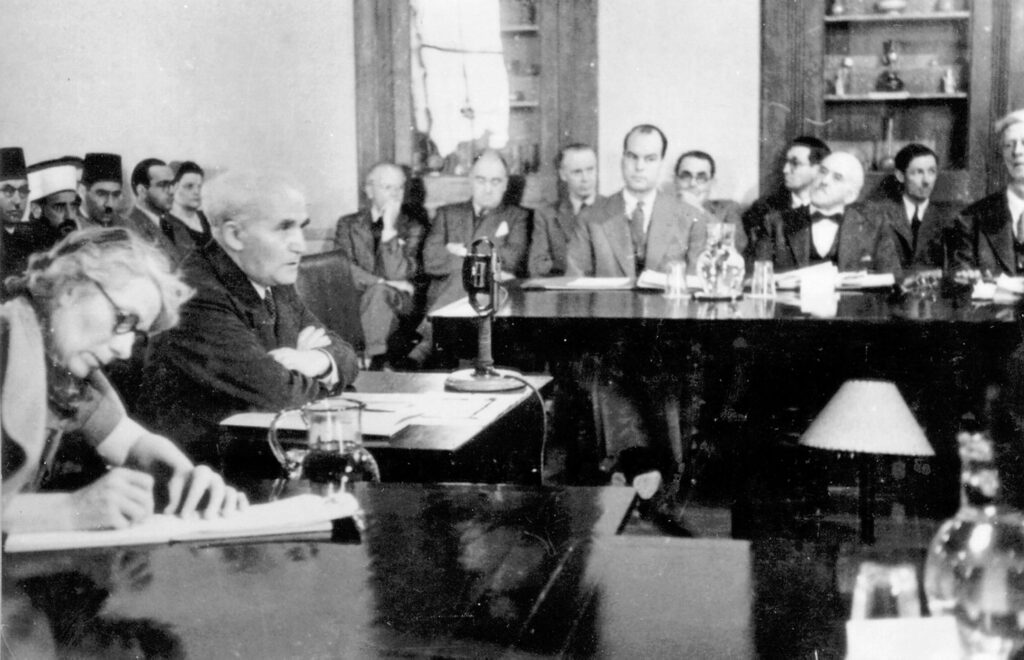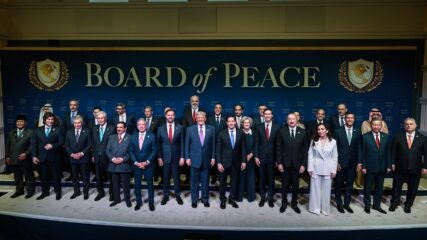The report of a joint U.S.-British committee on the situation in Palestine and the fate of European Jewish refugees fails to offer solutions the British government will accept but does deliver vital data and insights on the situation between Arabs and Jews in the Land of Israel.
Reliable resources for deeper Israel understanding
Embrace informed content on Israel, the Middle East and the Diaspora.
Begin with 7 days free to explore CIE’s rich sources, expert analyses and guided knowledge building.
$39 / year
JOIN CIE+
Already have a CIE+ account?
SIGN IN









